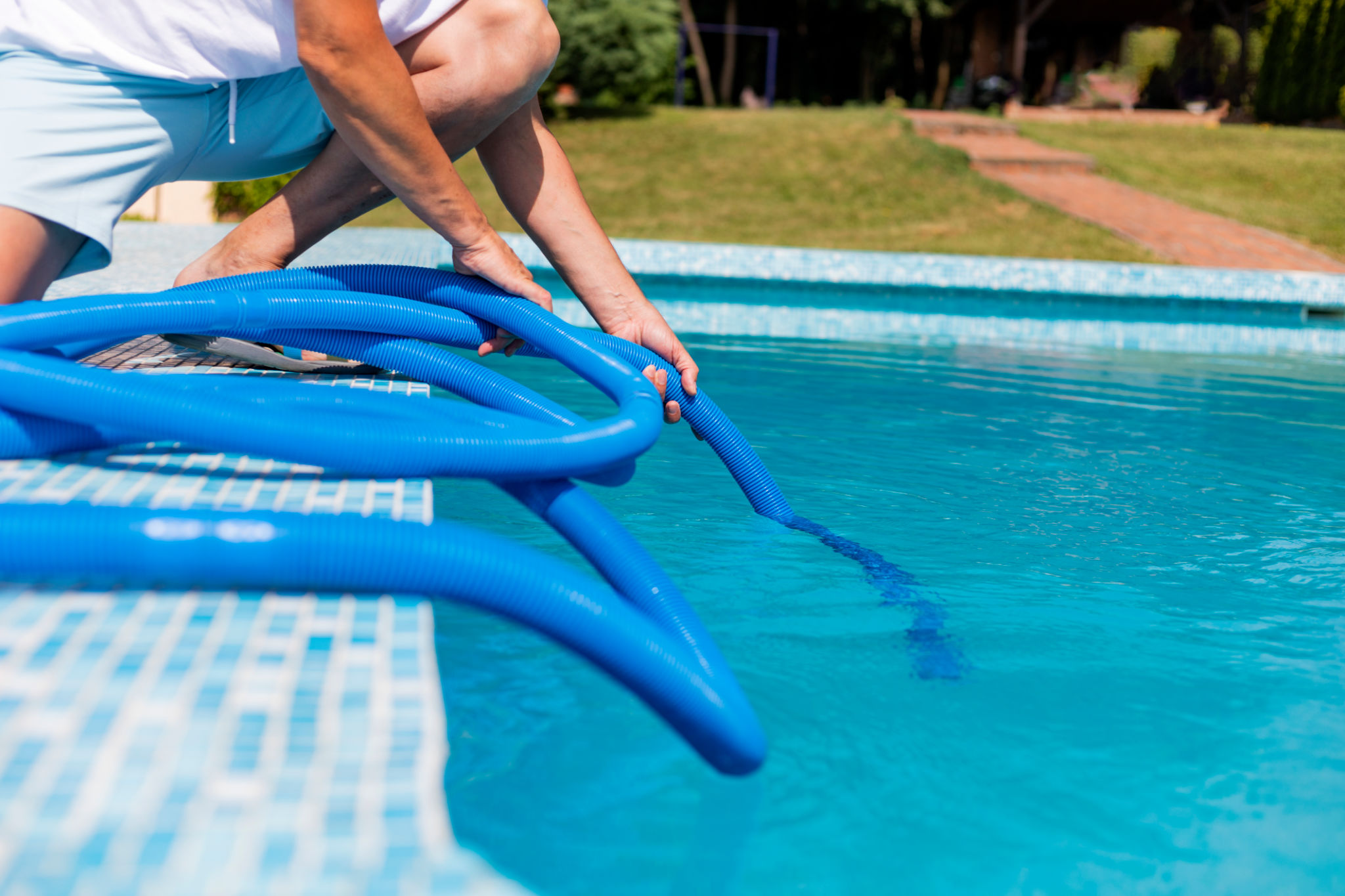The Ultimate Guide to Pool Cleaning in Clark County
TS
Introduction to Pool Cleaning
Owning a pool in Clark County is a luxury that brings endless fun and relaxation. However, maintaining its pristine condition requires regular cleaning and upkeep. Whether you're a new pool owner or looking to refine your maintenance routine, this guide will provide you with essential tips and tricks for keeping your pool sparkling clean.
Essential Pool Cleaning Tools
Before diving into the cleaning process, it's important to have the right tools on hand. Here are the basics you'll need:
- Skimmer Net: Used for removing leaves and debris from the water surface.
- Pool Brush: Essential for scrubbing walls and floors to prevent algae buildup.
- Vacuum: A manual or automatic vacuum helps clean the pool's bottom.
- Water Test Kit: Necessary for checking pH and chlorine levels.

Regular Skimming and Scrubbing
To maintain a clean pool, it's crucial to skim the surface daily. This simple task helps remove floating debris before it sinks and causes stains or algae growth. In addition to skimming, regular scrubbing of the pool walls and floor is essential. Using a pool brush, focus on areas prone to algae, such as steps and corners.
Vacuuming the Pool
Vacuuming should be performed at least once a week to remove dirt and debris that has settled on the pool floor. You can choose between a manual vacuum or an automatic pool cleaner, depending on your preference and budget. Ensure that your vacuum is compatible with your pool's surface type to avoid damage.

Balancing Pool Chemicals
Proper chemical balance is vital for keeping your pool safe and clean. Regularly test the water using your test kit, focusing on pH, alkalinity, and chlorine levels. The ideal pH level for pools is between 7.2 and 7.8, while chlorine should be maintained at 1 to 3 ppm. Adjust chemical levels as needed to prevent algae growth and ensure swimmer safety.
Shock Treatment
Occasionally, your pool may require a shock treatment to eliminate bacteria and algae. This process involves adding a higher dose of chlorine to the water. It's best done after heavy use or during extreme weather conditions that can disrupt the chemical balance.
Maintaining Pool Equipment
Your pool's filter system plays a critical role in keeping water clean. Regularly check and clean your filter according to the manufacturer's instructions. A clogged filter can reduce circulation and lead to cloudy water. Additionally, inspect other equipment like pumps and heaters to ensure they are functioning properly.

Addressing Common Pool Issues
No matter how diligent you are with maintenance, occasional issues may arise. Cloudy water, algae blooms, and scaling are common problems faced by pool owners. For cloudy water, check your filter and chemical balance. Algae can be treated with algaecide or by adjusting chlorine levels, while scaling can be minimized by monitoring calcium hardness.
When to Hire a Professional
If maintaining your pool becomes overwhelming or you're dealing with persistent issues, it may be time to hire a professional pool service. They can provide expert cleaning, equipment maintenance, and chemical balancing, giving you peace of mind and more time to enjoy your pool.
Conclusion
Keeping your Clark County pool in top condition requires regular attention and the right tools. By following these guidelines for cleaning and maintenance, you'll ensure a safe and enjoyable environment for family and friends. Remember, a well-maintained pool not only enhances your backyard but also increases your property's value.